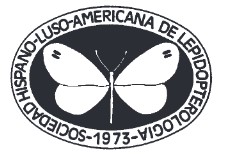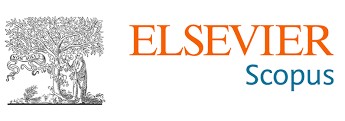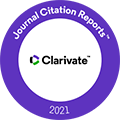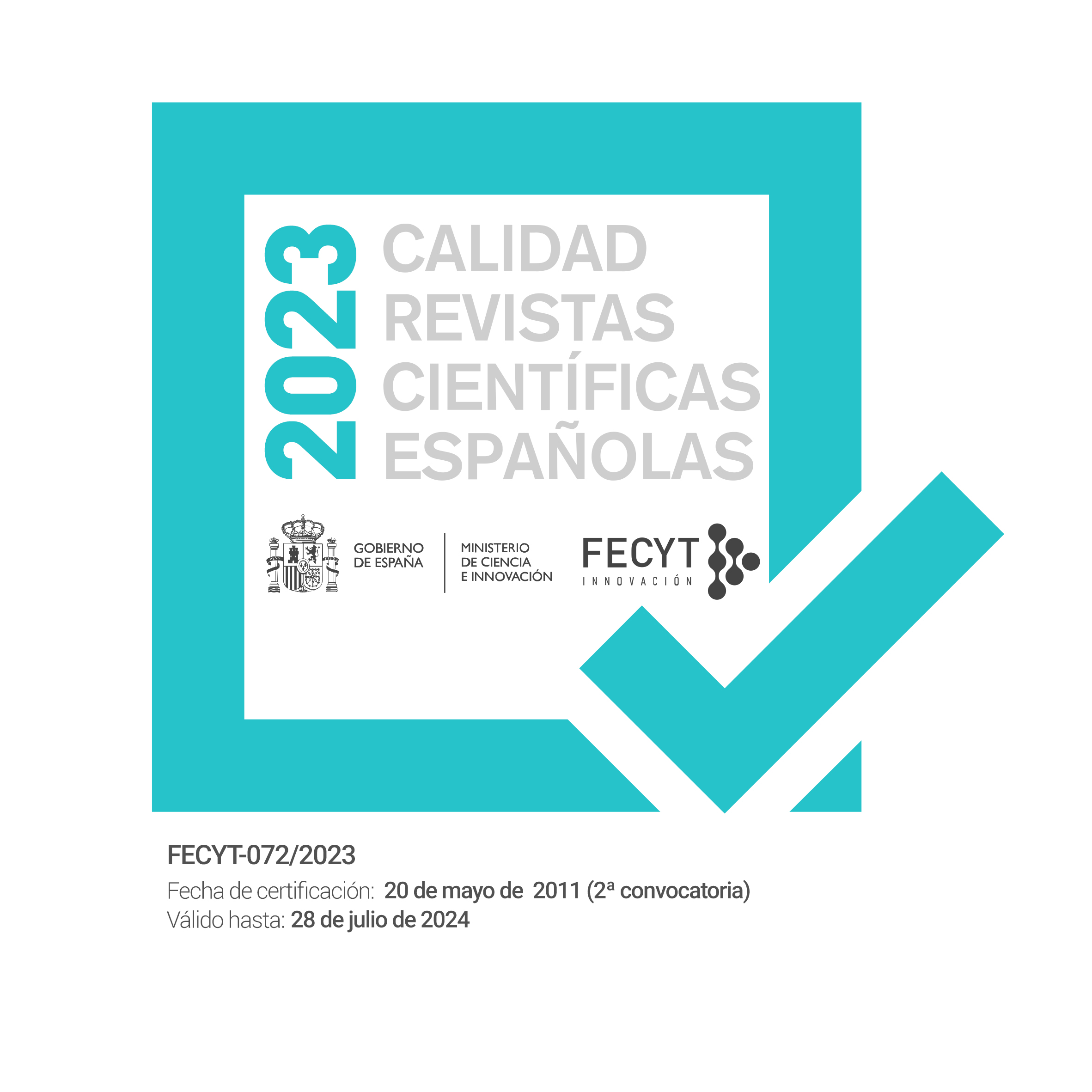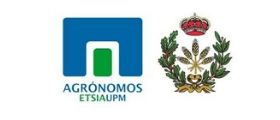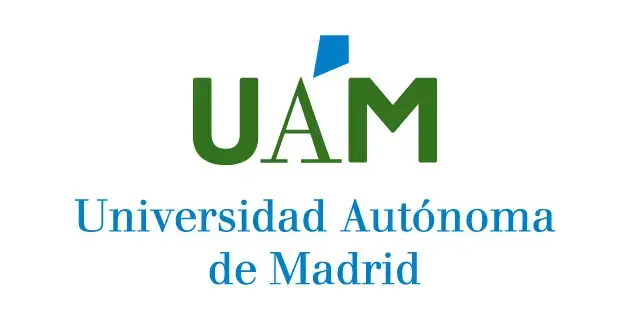Two new additions to the Lycaenidae of Uttar Pradesh, India (Insecta: Lepidoptera)
DOI:
https://doi.org/10.57065/shilap.796Palavras-chave:
Insecta, Lepidoptera, Lycaenidae, Flos, Rapala, Dudhwa National Park, Uttar Pradesh, IndiaResumo
The present study added two new records of Lycaenidae for the State of Uttar Pradesh, India. Both species, Rapala pheretima petosiris (Hewitson, [1863]) and Flos adriana (de Nicéville, [1884]) are new for the Uttar Pradesh.
Downloads
Estatísticas globais ℹ️
|
582
Visualizações
|
280
Downloads
|
|
862
Total
|
|
Referências
Anonymous (2006). The Wildlife (Protection) Act, 1972.
Anonymous (2022). The Wildlife (Protection) Amendment Act, 2022.
Behera, S. K. (2016). Observations on butterflies (Lepidoptera) of Dudhwa Tiger Reserve, Uttar Pradesh, India. Indian Forester, 142(3), 245-252.
Bura, P., Ansari, N. A., & Nawab, A., (2013). Ecological Assessment, Conservation and Management of Surajpur Wetland, Greater Noida, Uttar Pradesh. In International Day for Biological Diversity, Water and Biodiversity (pp. 95-103). Uttar Pradesh State Biodiversity Board.
Cantlie, K. (1962). The Lycaenidae portion (except the Arhopala group), of Brigadier Evans’ The identification of Indian butterflies 1932 (India, Pakistan, Ceylon, Burma). Bombay Natural History Society.
Champion, H. G., & Seth, S. K. (1968). A Revised Survey of the Forest Types of India. Government of India Publication.
Dar, A. A., Jamal, K., Shah, M. S., Ali, M., Sayed, S., Gaber, A., Kesba, H., & Salah, M. (2022a). Species richness, abundance, distributional pattern, and trait composition of butterfly assemblage change along an altitudinal gradient in the Gulmarg region of Jammu & Kashmir, India. Saudi. Journal of Biological Sciences, 29(4), 2262-2269. https://doi.org/10.1016/j.sjbs.2021.11.066 DOI: https://doi.org/10.1016/j.sjbs.2021.11.066
Dar, A. A., Shah, M. S., & Jamal, K. (2022b). Butterfly (Lepidoptera: Heterocera) Fauna of Bangus Valley, Jammu & Kashmir, India. Entomological News, 130(3), 308-317. https://doi.org/10.3157/021.130.0311 DOI: https://doi.org/10.3157/021.130.0311
De, R., Pandey, R., Khan, A. A., & Sheikh, T. (2023). Butterfly diversity in Shaheed Chandra Shekhar Azad Bird Sanctuary, Nawabganj, Unnao, Uttar Pradesh. Munis Entomology & Zoology, 18(2),1767-1779.
De Rye, Ph. (1902). Butterflies of Lucknow. Journal of the Bombay Natural History Society, 14 (1902-03), 481- 493
Director (2015). Fauna of Uttar Pradesh, State Fauna Series (Vol. 22, part 2). Zoological Survey India.
Evans, W. H. (1932). The identification of Indian butterflies (2nd edition). Bombay Natural History Society.
Gasse, P. V. 2018. Butterflies of the Indian Subcontinent - Annotated Checklist. http://www. biodiversityofindia.org/ images/2/2c/Butterflies_of_India. Pdf
Gupta, S., & Sheikh, T. (2021). First Record of Spotted Small Flat Sarangesa purendra (Moore, 1882) (Lepidoptera: Hesperiidae) from Union Territory of Jammu and Kashmir, India. Revista Chilena de Entomología, 47(3), 545-548. http://dx.doi.org/10.35249/rche.47.3.21.11. DOI: https://doi.org/10.35249/rche.47.3.21.11
Kanaujia A., Kumar A., Kumar, A., & Mishra, S. (2015). An Annotated coloured Checklist of Butterflies of Uttar Pradesh, India. Project Completion Report. UP State Biodiversity Board.
Kehimkar, I. (2016). BNHS Field Guides: Butterflies of India. Bombay Natural History Society Bombay.
Khan, N. A., & Sheikh, T. (2022). Callerebia hybrida Butler, 1880 (Lepidoptera; Nymphalidae) a new addition to the Butterflies of Union Territory of Jammu and Kashmir, India. Indian Entomologist, 3(2), 39-41.
Kumar, A. (2012). A report on the Butterflies in Jhansi (U. P.) India. Journal of Applied and Natural Science, 4(1): 51-55. https://doi.org/10.31018/jans.v4i1.221 DOI: https://doi.org/10.31018/jans.v4i1.221
Kumar, A. (2014). Butterfly Abundance and Species Diversity. In Some Urban Habitats. International Journal of Advanced Research 2(6), 367-374.
Kumar, A. (2017). Species diversity and distribution of butterfly fauna with heterogeneous habitats in Jhansi, India. International Journal of Advanced Research in Biological Sciences 4(7), 104-110. https://doi.org/10.22192/ijarbs.2017.04.07.013 DOI: https://doi.org/10.22192/ijarbs.2017.04.07.013
Kumar, A. (2020). Distribution and status of butterfly (Order: Lepidoptera) fauna with some habitats in Lucknow city. India, 5(1), 10-14.
Kumar, A., Kushwaha, S., & Namdev, A. (2020). First record of Vagrant Vagrans egista sinha from Uttar Pradesh, India. Bugs R All #185. Zoo’s Print, 35(4), 12-14.
Kumar, A., Mishra, S., & Kanaujia, A. (2016). Butterfly Fauna of Katerniaghat Wildlife Sanctuary, Uttar Pradesh. Species, 17(56), 119-130.
Kumar, S., Mondol, D., Lall, P. V., & Nathan, L. S. (2016). Butterfly diversity of the Gangetic Plain (Doaba) at Allahabad (U. P.) India. Journal of Entomology and Zoology Studies, 4(6), 268-271.
Kumar, A., & Rana, S. S. (2018). Species diversity and community structure of butterfly in urban forest fragments at Lucknow, India. Journal of Applied and Natural Science, 10(4), 1276-1280. https://doi.org/10.31018/jans.v10i4.1908 DOI: https://doi.org/10.31018/jans.v10i4.1908
Kumari, P., & Sheikh, T. (2021). A note on the rediscovery of Redspot butterfly, Zesius chrysomallus Hübner, 1819 (Lepidoptera: Lycaenidae: Thecllinae) from Uttar Pradesh State, with a new larval host plant record for India. Revista Chilena de Entomología, 47(2), 399-404. https://doi.org/10.35249/rche.47.2.21.24 DOI: https://doi.org/10.35249/rche.47.2.21.24
Parey, S. H., & Sheikh, T. (2021). Butterflies of Pirpanjal Range of Kashmir Himalaya. Corvette Press.
Riyaz, M., Mathew, P., Shiekh, T., Ignacimuthu, S., & Sivasankaran, K. (2021). First record of the Afghan Poplar Hawkmoth Laothoe witti Eitschberger et al. 1998 (Sphingidae: Smerinthinae) from India: a notable range extension for the genus. Journal of Threatened Taxa, 13(7), 18943-18946. https://doi.org/10.11609/jott.6400.13.7.18943-18946 DOI: https://doi.org/10.11609/jott.6400.13.7.18943-18946
Sarkar, D., & Mandal, R. (2018). A rapid assessment of Butterfly Diversity around Narora Atomic Power Plant Township, Uttar Pradesh, India. NeBIO, 9(2), 219-222. http://www.nebio.in
Sharma, N. (2007). Butterflies of Sur Sarovar Bird Sanctuary, Keetham, Agra (Uttar Pradesh, India). Records of Zoological Survey India, 107(2), 103-112. https://doi.org/10.26515/rzsi/v107/i2/2007/159157 DOI: https://doi.org/10.26515/rzsi/v107/i2/2007/159157
Sheikh, T., (2022). Addition of Chestnut Angle Odontoptilum angulatum (C. Felder, 1862) to the Butterfly Fauna of Union Territory of Jammu and Kashmir, India. Life Sciences Leaflets, 141, 7-11.
Sheikh, T., De, R., & Pandey, R. (2023). Acraea issoria (Hübner, [1819]) - Yellow coster: A new addition to the butterfly fauna of Uttar Pradesh, India. Munis Entomology & Zoology, 18(2), 1754-1756.
Sheikh., T., & Hassan, M. A. (2023). Two new records of Rhopalocera from Union Territory of Jammu and Kashmir, India (Insecta: Lepidoptera). SHILAP Revista de lepidopterología, 51(202), 259-262. https://doi.org/10.57065/shilap.460 DOI: https://doi.org/10.57065/shilap.460
Sheikh, T., & Malik, W. S. (2020). New Record of the Flower Chafer Beetle, Glycyphana horsfieldii (Hope, 1831) from Jammu and Kashmir Himalaya. Journal of Wildlife Research, 8(2), 1-24.
Sheikh, T., & Mishra, S. (2022). First report of continental swift Parnara ganga (Evans, 1937) (Lepidoptera: Hesperiidae) from Jammu and Kashmir Union Territory, India. Munis Entomology & Zoology, 17(suplement), 1683-1686.
Sheikh, T., & Parey, S. H. (2019a). Six new records of butterflies (Lepidoptera: Insecta) from Jammu and Rajouri districts of Jammu and Kashmir Himalaya. Journal of Wildlife Research, 7(3), 42-46.
Sheikh, T., & Parey, S. H. (2019b). New records of butterflies (Lepidoptera: Insecta) from Jammu and Kashmir Himalaya. Records of Zoological Survey India, 119(4), 463-473.
Sheikh, T., & Parrey, A. H. (2021). Addition of Asota tortuosa Moore, 1872 (Lepidoptera; Erebidae) to the moth fauna of Union Territory of Jammu and Kashmir, India. Life Sciences Leaflets,139, 13-17.
Varshney, R. K., & Smetacek, P. (2015). A Synoptic Catalogue of the Butterflies of India. Bhimtal & Indinov Publishing.
Wynter-Blyth, M. A. (1957). Butterflies of the Indian Region. Bombay Natural History Society.
Publicado
Como Citar
Edição
Secção
Licença

Este trabalho encontra-se publicado com a Licença Internacional Creative Commons Atribuição 4.0.
O autor mantém os seus direitos de marca registada e de patente para qualquer processo ou procedimento dentro do artigo.
O autor mantém o direito de partilhar, distribuir, executar e comunicar publicamente o artigo publicado no SHILAP Revista de lepidopterología, com reconhecimento inicial da sua publicação no SHILAP Revista de lepidopterología.
O autor reserva-se o direito de fazer uma publicação posterior da sua obra, desde a utilização do artigo até à sua publicação num livro, desde que indique a sua publicação inicial no SHILAP Revista de lepidopterología.
Cada apresentação ao SHILAP Revista de lepidopterología deve ser acompanhada por uma aceitação dos direitos de autor e reconhecimento da autoria. Ao aceitá-los, os autores retêm os direitos autorais da sua obra e concordam que o artigo, se aceite para publicação pelo SHILAP Revista de lepidopterología, será licenciado para uso e distribuição sob uma licença "Creative Commons Attribution 4.0 International" (CC BY 4.0), que permite a terceiros partilhar e adaptar o conteúdo para qualquer fim, dando o devido crédito à obra original.
Pode consultar aqui a versão informativa e o texto legal da licença. A indicação da licença CC BY 4.0 deve ser expressamente indicada desta forma quando necessário.
A partir de 2022, o conteúdo da versão impressa e digital é licenciado sob uma licença de utilização e distribuição "Creative Commons Attribution 4.0 International" (CC BY 4.0), que permite a terceiros partilhar e adaptar o conteúdo para qualquer fim, dando o devido crédito à obra original.
O conteúdo anterior da revista foi publicado sob uma licença tradicional de direitos de autor; no entanto, o arquivo está disponível para acesso livre.
Ao utilizar o conteúdo do SHILAP Revista de lepidopterología publicado antes do ano 2022, incluindo figuras, tabelas ou qualquer outro material em formato impresso ou eletrónico pertencem aos autores dos artigos, os autores devem obter a autorização do detentor dos direitos de autor. As responsabilidades legais, financeiras e criminais a este respeito pertencem ao(s) autor(es).
Em aplicação do Princípio de Prioridade do Código Internacional de Nomenclatura Zoológica, nenhuma outra versão além da publicada pela editora pode ser depositada em repositórios, websites pessoais ou similares.





